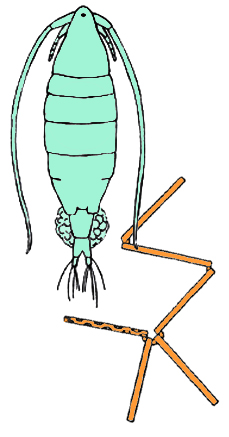You will have to pardon me. I am exhausted. Constant motion, especially of the self-propelled variety, will wear out even the most skilled of the wanderly types. This summer I have been restoring a boat, running an org, being a daughter, navigating my relationship with a madman, imitating an oceanography student and pulling up stakes/growing new roots willy-nilly.
Homeless at home… a mind-bending, back-breaking, muddled day.
— Kate Zidar (@katezidar) August 12, 2013
When I started imagining a life afloat, I assumed that along with the requisite level of letting go would come a certain tranquility.

This is our boat, and it is literally named Tranquility. C’mon!
Blair Niles (1880-1959), renown female expeditionist, travel author, and founding member of The Society of Woman Geographers, said of her life en route, “You are never tired, never bored. You feel as if you could go on living forever, as if you had just touched the fringe of what you want to do.” With respect, Ms. Niles, I contend, O rly?
I find myself wondering, here on the red-eye bus from NYC to Fairhaven, MA, do plankton ever rest? Do the dinoflagellates ever toggle off their bioluminescence and just power down? Do the copepods curl up under a bit of kelp and call it a night? Is there a state of being that is even more laissez–faire than floating along with the whims of density, temperature and wind?
Box jellies are known to feed during the day, and appear to rest on the sea floor at night. There is some debate over if this can be truly considered “sleep”, since the big brain humanoids associate sleep with changes in brain activity, and box jellies don’t have proper brains. (Lucky!, I exclaim, spitting out some soup.)

Scientific illustration (not to scale) by orangechicken62
Shivering on an over-air conditioned bus, surrounded by snore sounds and too-loud headphones (You’ll get tinnitus like that!), I am left to ponder what you can let go of even after you let everything go.
Did I miss a spot?

Leave a Reply